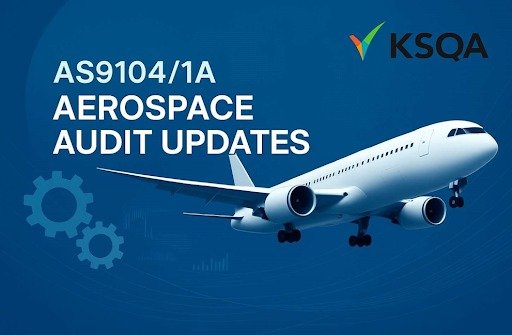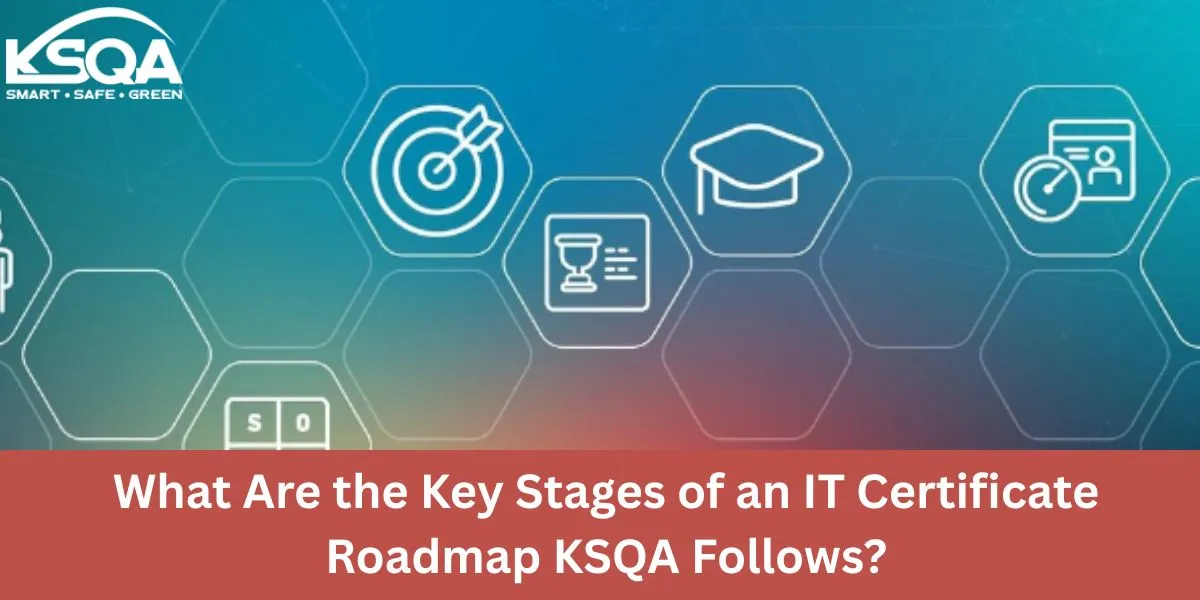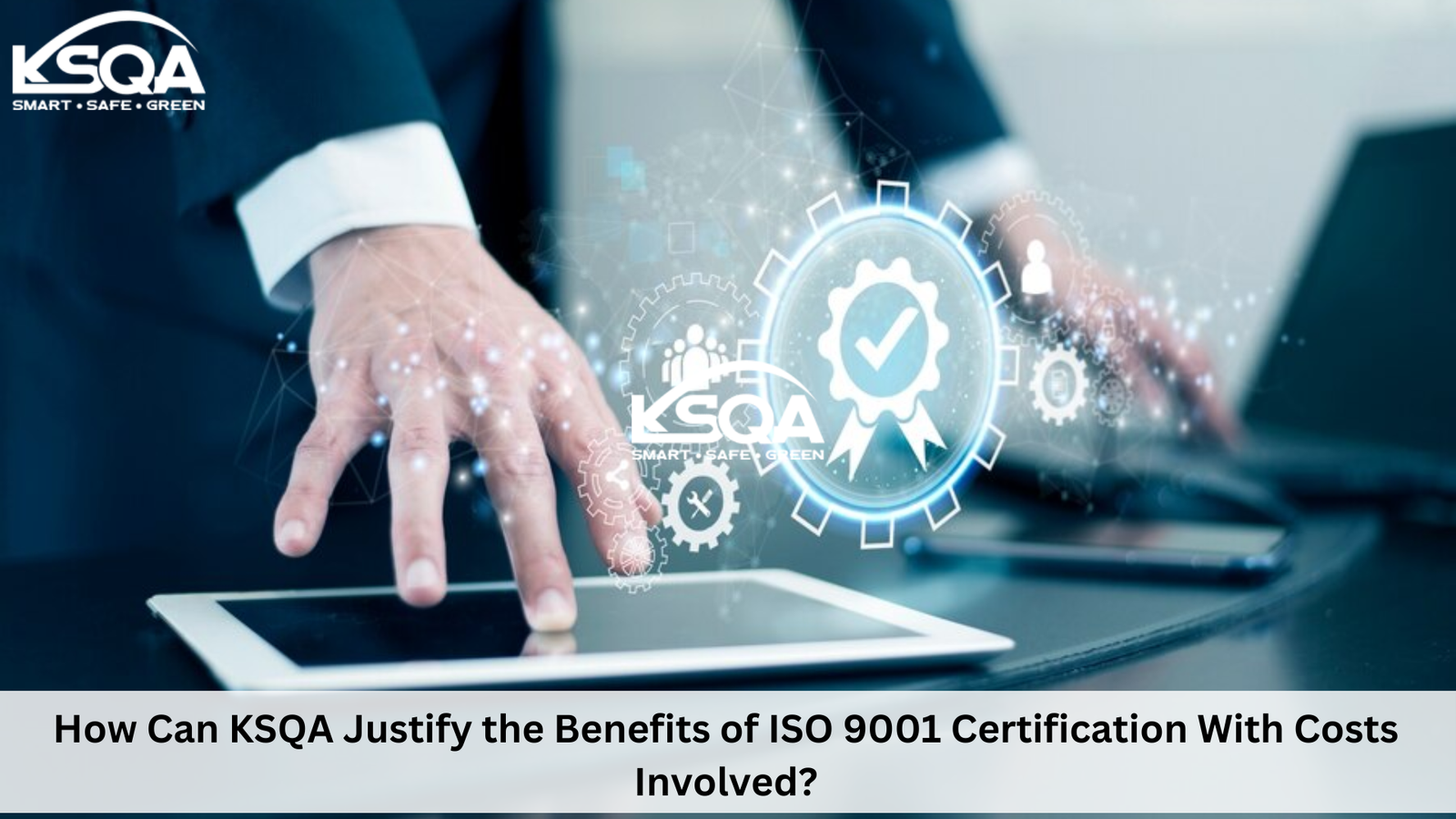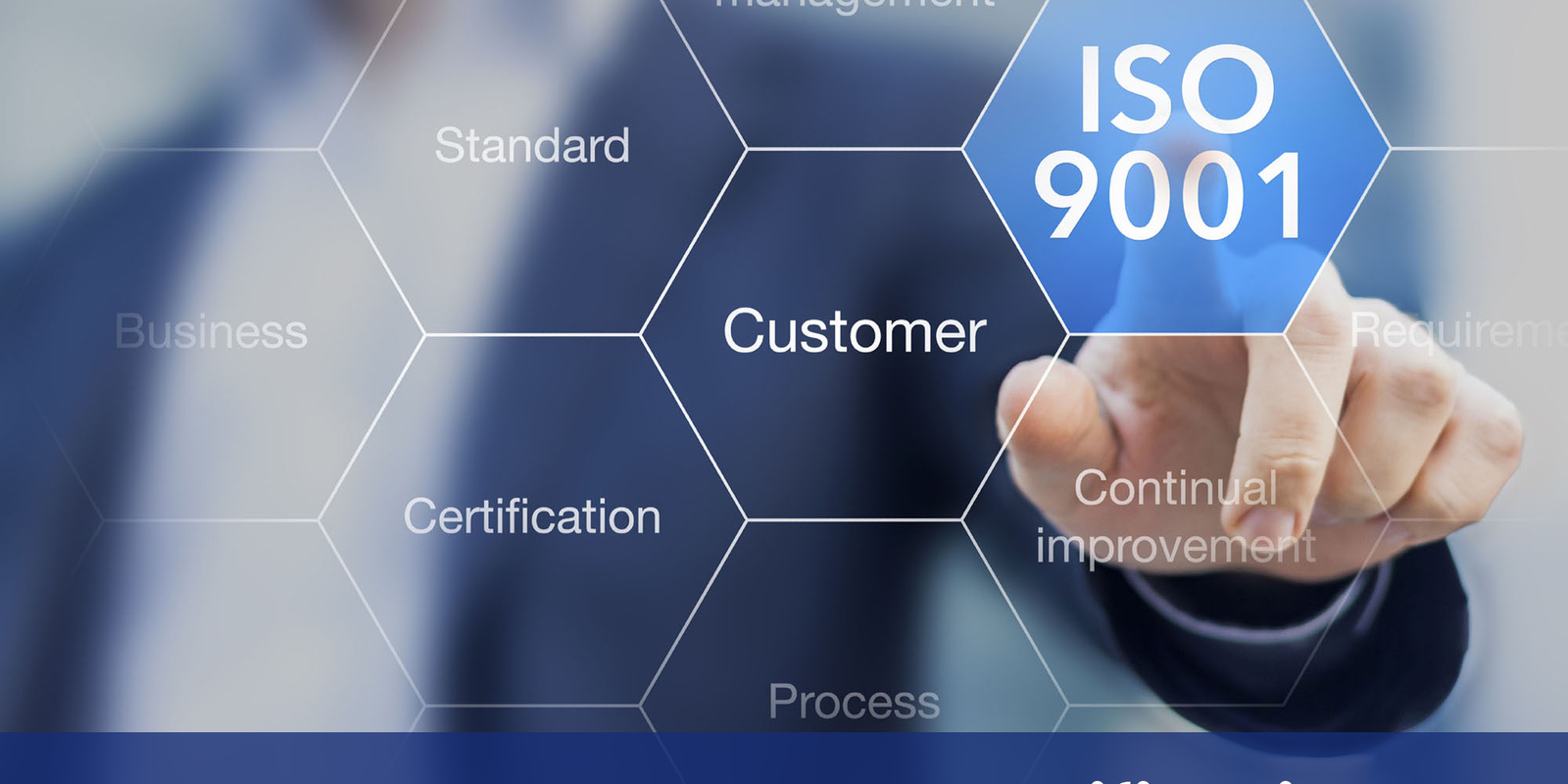These changes, which became fully effective in 2025, fundamentally reshape how aerospace audits are conducted and managed.
What is AS9104 and Why It Matters
AS9104 is the backbone standard
that governs how Certification Bodies (CBs) like KSQA conduct aerospace quality
management system audits.
While companies don't certify
directly to AS9104, this standard determines how their AS9100, AS9110, and
AS9120 certifications are audited and maintained.
The 2022
revision represents the most significant overhaul since 2012, introducing
substantial changes that affect audit planning, duration, and execution.
Major Changes Introduced by AS9104/1A:2022
1. Simplified Site Structure Classifications
Previous System: Organizations
could be designated as Single Site, Multi-Site, Campus, Several Site, or
Complex Structures.
New System: Only two
classifications remain:
•
Single Site: All operations in the same geographical
location (may include multiple buildings)
•
Multi-Site: Operations spread across different
geographical locations
This
simplification aligns with International Accreditation Forum (IAF) standards
but may increase audit durations for organizations previously classified as
"Campus" structures.
2. Enhanced Risk-Based Approach Through OCAP
The Organization Certification
Analysis Process (OCAP) represents a revolutionary shift toward
performance-based auditing. KSQA now evaluates six critical performance
indicators to determine risk levels:
•
Organizational Complexity
•
Internal Audit Program Effectiveness
•
On-Time Delivery Performance
•
Product/Service Conformity Metrics
•
Customer Satisfaction Data
•
Historical PEAR (Process Effectiveness
Assessment Report) Scores Based on this analysis, organizations receive a risk
rating:
•
Low Risk: 10% reduction in audit duration
•
Medium Risk: No change in audit duration
•
High Risk: 10% increase in audit duration
The
International Aerospace Quality Group (IAQG) estimates that approximately 85%
of certified organizations will fall into the medium-risk category.
3. Standard Selection Alignment
AS9104/1A:2022 mandates that
organizations must be certified to the appropriate standard based on their
actual activities:
|
Standard |
Intended Application |
|
AS9100 |
Design, development, manufacturing of aviation, space, and
defense products; post-delivery activities including maintenance and spare
parts |
|
AS9100 |
Maintenance, repair, and overhaul (MRO) services for civil
or military aviation; autonomous OEM MRO operations |
|
AS9120 |
Procurement and resale of parts, materials, and assemblies
to aviation, space, and defense industries |
Organizations
currently certified to an incorrect standard must transition to the appropriate
certification.
4. Audit Duration and Planning Changes
Audit Planning
Requirements: A minimum of 20% additional time must now be allocated for audit
planning and reporting activities, standardizing what was previously handled
inconsistently across certification bodies.
Potential Audit Time Reductions:
Through risk analysis and performance-based processes, audit time can be
reduced by up to 50% for qualifying organizations that demonstrate:
•
Completion of one full 3-year AQMS cycle
•
Consistent low/medium OCAP performance ratings
•
Robust internal audit programs compliant with
ISO 19011
•
Internal auditor competency with TPAB-approved
ASD Lead Auditor Course completion
•
Comprehensive ethics policies
•
No major nonconformities in the past 12 months
•
Six years without certification suspension
•
Documented customer satisfaction metrics
5. Remote Auditing Limitations
Current Status: AS9104/1A:2022
limits remote auditing to a maximum of 50% of total audit duration for
organizations with physical sites. This marks the end of 100% remote auditing
that was permitted during the COVID-19 pandemic.
Virtual Site Exception:
Organizations operating as true "virtual sites" (non-physical
locations where work is performed entirely through online environments) may
continue with fully remote auditing, provided they meet IAF MD 1 criteria.
KSQA's
Advantage: Our established virtual audit capabilities position us well to
maximize the 50% remote auditing allowance, continuing to provide
cost-effective certification services while maintaining compliance with the new
requirements.
Implications for Small Aerospace Businesses
Cost Considerations
While some changes may increase
audit complexity, the new performance-based approach offers significant
opportunities for cost reduction. Small businesses that maintain strong quality
systems and performance metrics can benefit from:
•
Reduced audit durations (up to 50% for
exceptional performers)
•
More predictable audit scheduling
•
Enhanced focus on actual performance rather than
documentation alone
Competitive Advantages
Organizations that adapt quickly to
these new requirements can gain competitive advantages through:
•
Improved Customer Confidence: Enhanced focus on
performance metrics directly translates to better customer satisfaction
•
Operational Excellence: The OCAP process
encourages continuous improvement in key performance areas
•
Market Access: Proper standard alignment ensures
access to appropriate market segments
How KSQA Supports Clients Through These Changes
As your
certification partner, KSQA has implemented comprehensive measures to ensure
smooth transitions:
1. Proactive Client Communication
We review each client's current
certification structure and notify them of required changes, including:
•
Site structure redesignation
•
Standard alignment assessments
•
New documentation requirements
2. Technology-Enhanced Efficiency
Our automated online system
continues to provide:
•
Real-time access to audit information
•
Rapid certificate issuance (7-14 days vs.
industry standard of 30-45 days)
•
Transparent audit progress tracking
•
Direct auditor credential access
3. Risk-Optimized Audit Planning
KSQA's OCAP implementation
focuses on:
•
Accurate performance data collection
•
Fair risk assessment based on documented
evidence
•
Maximizing opportunities for audit time
reductions
•
Supporting clients in maintaining low-risk
profiles
4. Flexible Audit Delivery
We continue to leverage
technology for cost-effective auditing:
•
Maximizing 50% remote audit capabilities where
appropriate
•
Minimizing travel costs through strategic
scheduling
•
Maintaining our low-cost business model for
small businesses
Looking Ahead: Future Standards Evolution
The aerospace industry continues
evolving toward the IA (International Aerospace) series standards. The upcoming
IA9100 series, expected in 2027, will feature:
•
Unified international naming conventions
•
Enhanced cybersecurity requirements
•
Advanced Product Quality Planning (APQP)
integration
•
Climate change and sustainability provisions Improved
alignment with ISO 9001 revisions
Preparing Your Organization for Success
To maximize benefits under the
new AS9104/1A:2022 requirements:
1. Strengthen Internal Systems
•
Invest in robust internal audit programs
•
Implement comprehensive performance monitoring
•
Develop customer feedback collection systems
•
Establish clear process documentation
2. Focus on Performance Metrics
•
Track on-time delivery performance consistently
•
Monitor product/service conformity rates
•
Document customer satisfaction systematically
•
Address complaints promptly and effectively
3. Maintain Documentation Excellence
•
Ensure all required documentation is current and
accurate
•
Establish systems for timely information
submission
•
Keep performance data readily accessible
•
Maintain clear process interaction diagrams
4. Consider Strategic Partnerships
While KSQA
doesn't provide consulting services, we can connect you with qualified
aerospace consultants who can help optimize your quality management system for
these new requirements.
Conclusion
The
AS9104/1A:2022 updates represent a significant evolution in aerospace quality
management system auditing. While these changes introduce new complexities,
they also create opportunities for well-prepared organizations to reduce costs
and demonstrate superior performance.
KSQA remains committed to our
mission of making aerospace certification affordable and accessible for small
businesses. Our technology-enhanced approach, combined with deep understanding
of these new requirements, positions us to continue delivering exceptional
value to our clients throughout this transition and beyond.
The future of aerospace quality
management lies in performance-based assessment and continuous improvement.
Organizations that embrace these principles today will be best positioned for
success in tomorrow's increasingly competitive aerospace marketplace.
For questions about how these changes affect your specific certification or to schedule your next audit, contact KSQA at (775) 372-8348 or visit our website. Our experienced team is ready to help you navigate these changes while maintaining our commitment to transparent processes and expedited certificates.




.jpg)


.jpg)